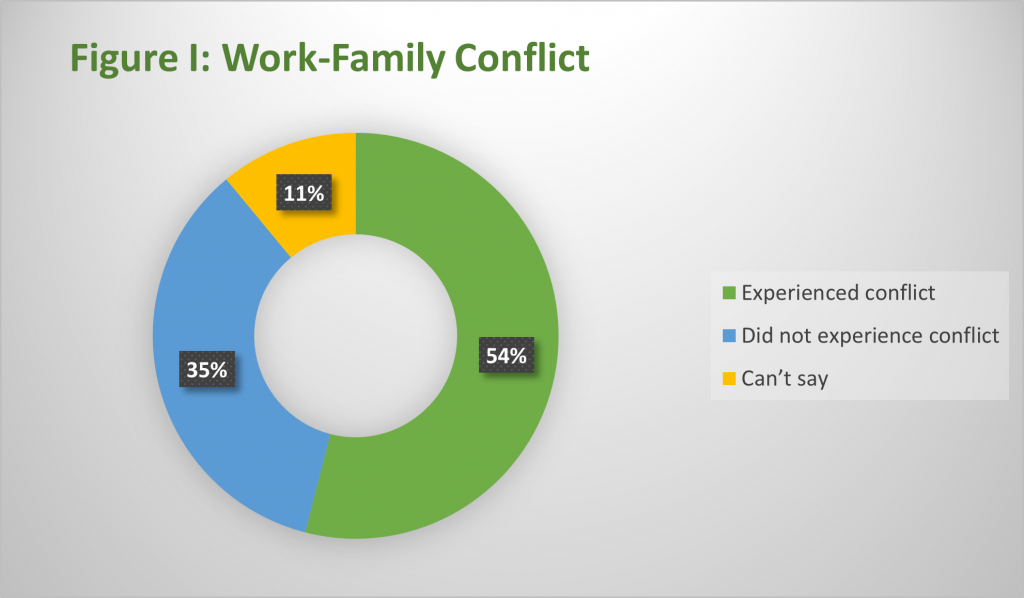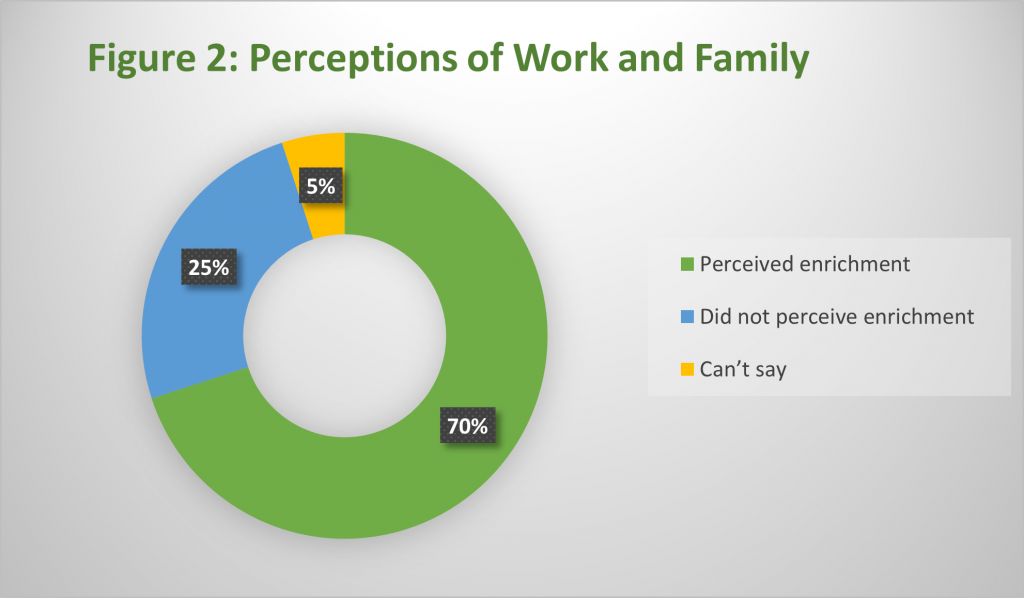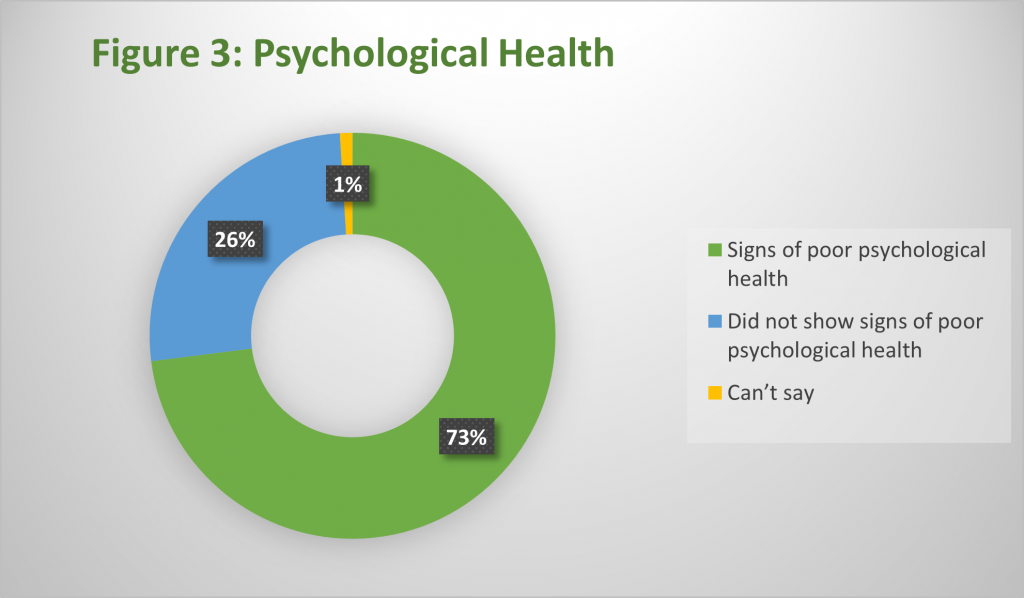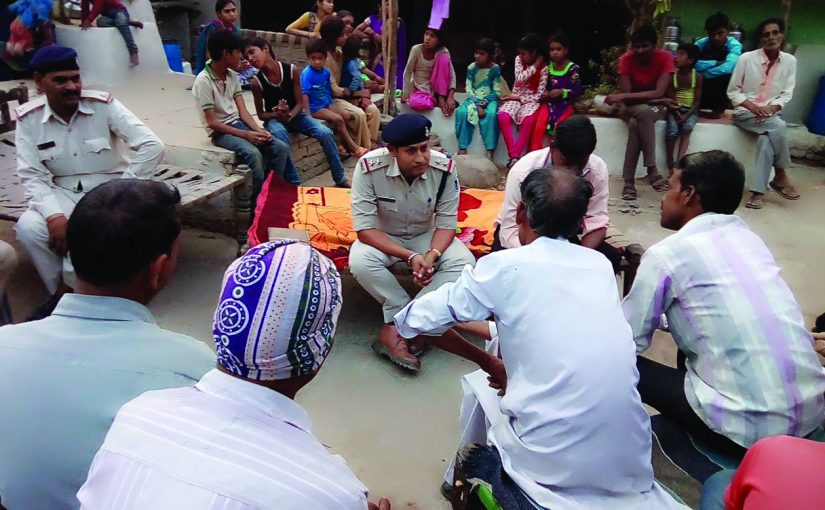Work-family balance or work-life balance, as it is popularly called, is a prominent topic in academic research and a grave concern for human resources practitioners. During the pandemic and the following global trends like the great resignation, it garnered much attention as jobs shifted permanently to homes and the distinction between work and family lives blurred. This was observed in many sectors, including information technology, education, banking, and finance, among others. But how about essential services like medical care, fire and emergency, or the police? Is there any scope for work-life balance for police officers? If not, does it affect their mental health? Are there any ways that the police department can ensure a better working environment? Or is it totally illogical to expect such concern in an essential service? A research study attempted to answer these questions.
Perceptions of Work-Life Balance
Police organizations work 24/7. Officers deal with volatile conditions, unpleasant situations, difficult circumstances, long duty hours, and heavy workloads. Traditional family-friendly policies can be unworkable in such a context. However, it is time to acknowledge that overlooking the work and family aspects can be harmful to the mental health of police officers. The authors surveyed 356 frontline police officers in Rajasthan, the largest state in India, to understand their perceptions about work-life balance and mental health concerns. More than 85 percent of these officers were men, aged 40 years on average, with at least one year of work experience.
Results of the Study
Work-life balance is composed of experiences of conflict and enrichment between work and family life. More than 50 percent of the officers agreed to experiencing conflict between work and family life.

However, the good news is that they also perceived that work and family enrich their lives significantly.

Most of the police officers (73 percent) showed signs of poor psychological health.

Both conflict and enrichment were found to be significantly linked to the psychological health of police.
The survey also tested and confirmed that an environment of equity and fairness, a sense of optimism, and a cohesive family environment can prove very beneficial in promoting work-life balance. Perceptions of justice regarding workload distribution, reward and appreciation for giving priority to work, acquiring higher qualifications, and optimism were also positively related to their mental health. However, interestingly, the survey found that the presence of these factors enhanced balance more strongly by increasing enrichment than reducing conflict. This is where police leaders and administrators can play a significant role.
Recommendations
Promoting Organizational Justice
Police officers are supposed to justly enforce laws in society. Therefore, perceptions of inequity in their workplace can develop into severe negativity and stress, which travels home and creates conflict in the family roles. The reverse also holds true.
The survey found that the provisions to advance equity within the department are inadequate to begin with. Promotions are based upon written tests or seniority, and work-based incentives are uncommon. Recognizing and rewarding officers’ efforts “beyond the call for duty” can improve justice perceptions. Currently, the rewards are generally associated with cost, and the department has budgetary constraints. Therefore, nonfinancial rewards such as appreciation letters and citations with encouraging titles for outperformers may be given. These rewards could be conferred during special ceremonies organized explicitly for this purpose. In the long run, the department can allocate more resources for adding perceptions of justice.
Second, officers may be involved in the decision-making processes, especially for matters related to their welfare and growth. The administrators may organize meetings and encourage officers to present their views without fear. Their opinions may also be collected through anonymous surveys.
Third, there are hardly any guidelines for managing the field officers. The duty roster is at the discretion of the station in charge. The subjectivity in the assignment of postings often creates resentment among officers. These procedures need revisions to prevent negative sentiments and boost the morale of officers.
Building a Cohesive Family Environment
Extended shifts and heavy workloads do not allow police officers to spend adequate time with their families. This often leads to marital discord and distancing from family activities. To promote cohesion, police administrators along with the “Police Wives Welfare Association” may organize meal-sharing sessions, games, picnics, and the celebration of festivals. Such events allow officers to spend quality time and share their concerns with families and friends, building a sense of camaraderie. Police administrators may also hire family therapists to plan interventions with officers and their families to facilitate a cohesive environment.
Boosting a Sense of Optimism
Optimism symbolizes an attitude of hopefulness and success in future life events. It is found to build resilience, coping abilities, and confidence. The qualities of optimists facilitate their tackling stress in work and family roles and help them experience better mental health.
As optimistic officers are better in their stress-handling capabilities, optimism could be a part of the selection process, which is mainly based on physical standards. According to positive psychologists, optimism can also be learned. Police administrators can plan workshops and training sessions with psychologists to aid positive behaviors among officers. d
Please cite as
Monika Agrawal and Ritika Mahajan, “Work-Life Balance and Mental Health of Indian Police,” Police Chief Online, May 18, 2022.



